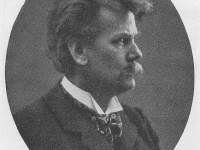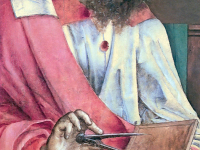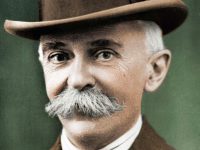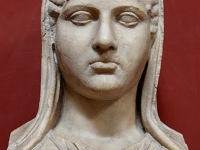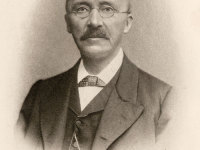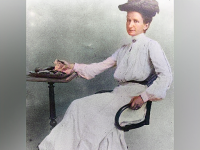Adolf Furtwängler and Photographic Archeology
On June 30, 1853, German archaeologist and historian Adolf Furtwängler was born. He revolutionized archeological science with his use of photography for documentation. His use of photography in research supplanted the use of drawings because a camera gives objective reproduction with more accuracy, which enabled fragments to be scrutinized, even when they were miles apart. Adolf Furtwängler Background Adolf Furtwängler grew up in a very educated family. His father was a classical…
Read more

